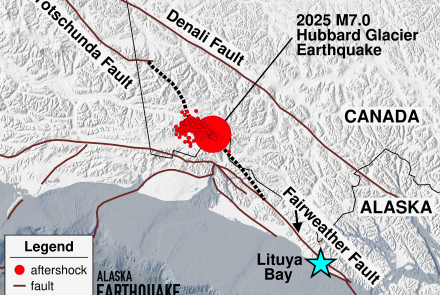Weather Prediction Through The Ages
Who among us has not been frustrated by hearing a Friday weather forecast predicting beautiful weekend weather, only to wake on Saturday and find it raining?
"Experts" predict a wide variety of things, including earthquakes, tornadoes, and the next winner of the Kentucky Derby or presidential election. Frequently, as it develops, they are wrong.
Weather forecasting is probably the oldest of all "sciences," and has played a major part in human history. Unfortunately, even though advanced technology, including the use of satellites, exists, a great deal of credibility is still placed by some individuals on Astrology, which is not a science at all.
More than 4000 years ago, in Babylonian time, weather phenomena were being associated with the planets by priests who calculated the positions of bodies in the sky and developed schemes of weather prediction based largely upon myth.
During the Greek era of the first millennium B.C., more reliable predictive data were provided by the scientists of the time who based their predictions on experience and observation.
Later, the Romans included weather "signs" in handbooks and almanacs prepared for farmers. This unfortunate practice of referring to zodiacal signs continues to this day in the popular Farmer's Almanac, which has been published in the United States for the past consecutive 167 years.
There are many people (particularly farmers) who take the zodiacal signs seriously. I am reminded of the farm family in Fallon, Nevada, when I was going to high school who planned their entire schedule around astrological signs, whether it might be the phase of the moon or the conjunction of Saturn and Jupiter. If the moon was right, you planted corn, or dehorned young bulls, or whatever. If it wasn't right, you waited. Mysteriously (to me), they were the most successful farmers in the valley.
But, as recounted by Neil Davis, the most serious weather forecasters were probably those of the feudal astrologers who, after the fall of the Roman Empire, were responsible for forecasting the weather for military campaigns. If the forecaster made the correct observation and the campaign was successful, the astrologer was rewarded and allowed to live to forecast again. But if his forecast was wrong, the penalty was often death. Davis raises the point that it's interesting to muse on how many of those unfortunates wished that they had been clever enough to have thought up the modern practice of saying "Tomorrow there will be a fifty percent chance of rain."




